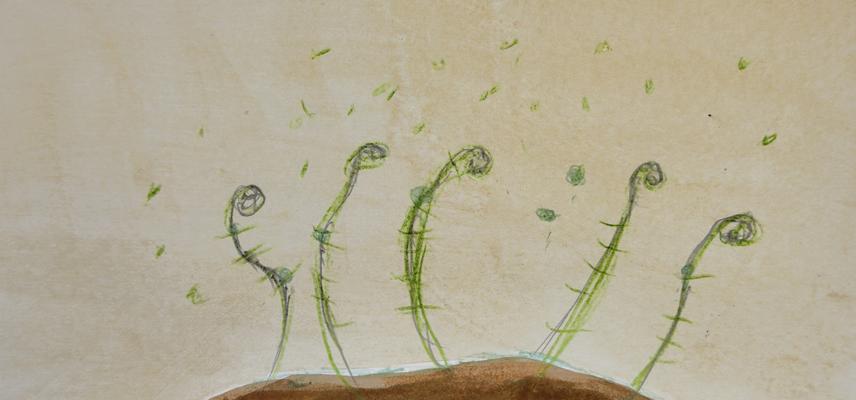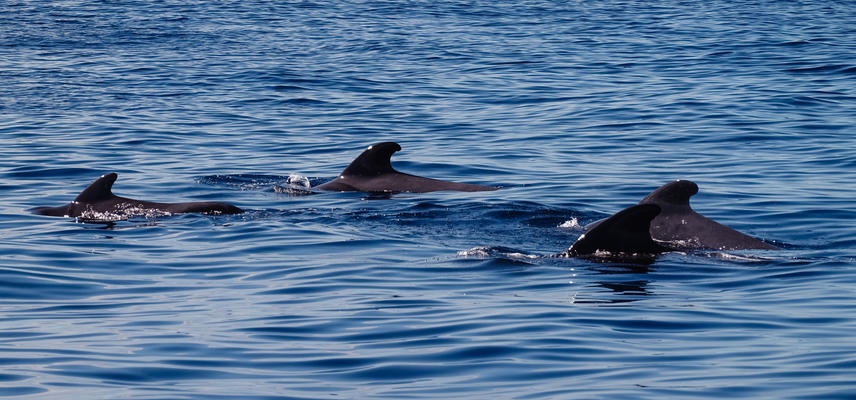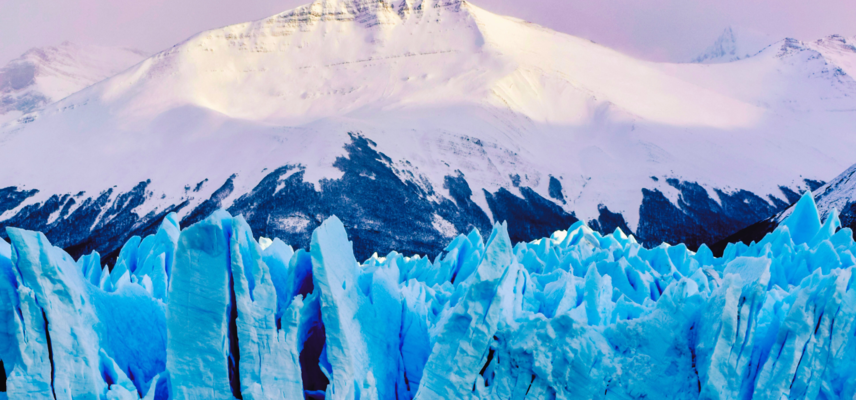Home
About the research
Our research aims to support collaboration between the arts, humanities, and natural sciences, via a creative practice-led methodology based on making ‘more-than-human’ stories. Stories provide connection and convey complex ideas in ways that resonate deeply with emotions and values as well as the intellect, and thus, without instrumentalising stories or artistic practice, we believe story-making can enhance how we make and value knowledge about the world. More-than-human story-making emphasises the relationship between human and non-human elements such as ice, water, rock, scientific data and equipment, animal lives, historical artefacts, and technologies.
Story-making is a method of creative practice as research. It involves elements of story structure and iterates between versions of stories and modes of expression. Stories may be told through writing, visuals, sounds, movements, or objects, both digital and tactile. Until now, storytelling and story-making research has concentrated on human stories. However, we aim to explore how the methodology can be adapted to tell stories of non-human entities and objects. By this, we mean a story that draws on human experiences, knowledge, imagination, and creativity to represent nonhuman elements as integral to a more-than-human story. We hope to demonstrate the potential of this approach to explore wider research questions about human relationships with Antarctica.
We held one workshop in Oxford in April 2025, and another workshop is taking place online in September 2025. To apply for the online workshop, please click here.







